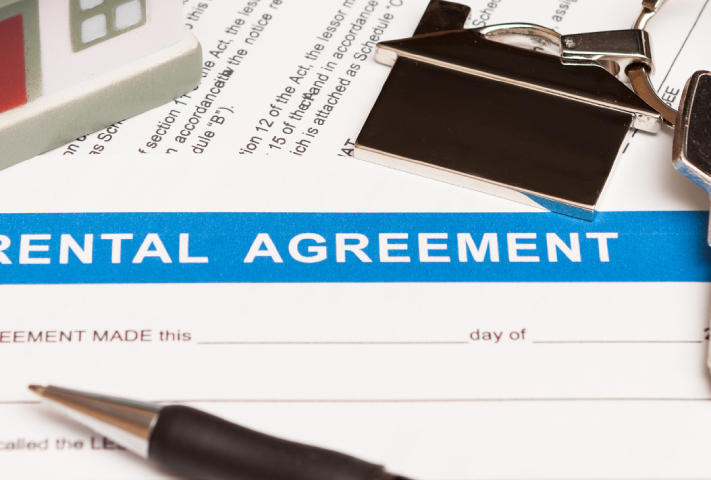Most landlords understand how a residential tenancy agreement works, but sub-letting can be a bit of a grey area.
Here’s what landlords need to know about this arrangement when it concerns their rental property.
Subletting Guidelines
Subletting a room within a rental property requires written permission from the property manager/owner. The names of approved occupants must be listed in the special terms of the tenancy agreement.
Rules of Sub-letting
When a tenant on the lease allows another individual to rent part or all of the property, they become a head-tenant.
As a head-tenant, they assume responsibilities akin to those of the property manager/owner. This includes providing the sub-tenant with:
- A written tenancy agreement
- An Entry condition report – houses and units (Form1a) or moveable dwelling/site (Form 1b)
- The RTA’s Pocket guide to tenants – houses and units (Form 17a)
- Receipt for the bond money paid (details below)
Any arrangement between a head-tenant and sub-tenant should be documented, ideally including agreements for sharing utility bills (such as gas, electricity, or internet).
Whether occupants are co-tenants or sub-tenants relies on their specific circumstances and agreements with the head-tenant.
If there’s uncertainty regarding an individual’s classification as a tenant or sub-tenant, contacting the RTA or making an urgent application to QCAT for a decision is recommended.
The property manager/owner isn’t responsible for settling disputes between tenants.
Bonds
In general, all bonds must be lodged with the RTA. This can be done through the Online Bond Lodgement facility or by post using a Bond lodgement (Form 2). Failure to do so, even in subletting, boarder, or lodger situations, is considered an offense. The form should list all contributors and the amount paid.
Any individual receiving a bond must issue a receipt to the payer. This could be the property manager/owner or the head-tenant.
Exiting the Property
Before leaving a shared home, all tenants are responsible for covering their share of any costs incurred for cleaning, damages, or outstanding rent.

